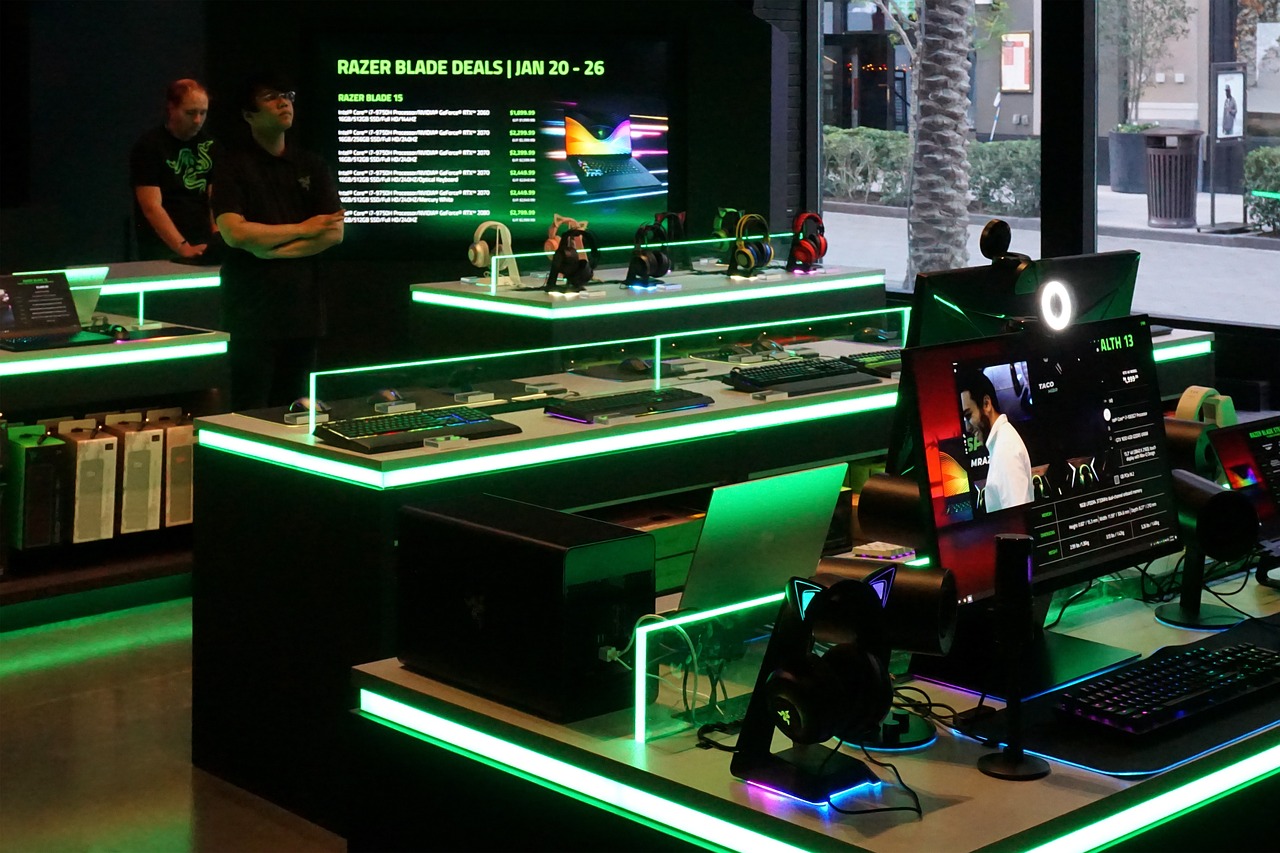In a recent video, I briefly mentioned the troubling situation with Unity, but things have only gotten worse since then. Unity Technologies, the game software company behind the popular Unity game engine, has made significant changes to their fee structure that are causing a massive uproar in the game development community.
Previously, Unity offered a flat subscription service, but now they have added a per-install charge and retroactive terms of service changes. This new monetization scheme is having a severe negative impact on many game projects.
The issue stems from Unity’s announcement about a change to their monetization model. They now require game developers to share a portion of their revenue once they reach a certain level of success. This change affects users of Unity Personal and Unity Plus, once they reach $200,000 in revenue over the last 12 months.
This greedy move by Unity has led to widespread criticism and backlash. Many game developers and projects are now facing unexpected costs and financial difficulties. The retroactive terms of service changes have caught many developers off guard and are causing significant disruptions.
Unity’s decision to monetize successful projects is a clear indication of their lack of consideration for the indie game development community. Instead of nurturing and supporting creators, they are exploiting their success for financial gain.
This disastrous situation has put Unity in a negative light and has damaged their reputation within the game industry. Many developers are now looking for alternative game engines and are expressing their disappointment and frustration with Unity’s greedy tactics.
In the end, Unity’s self-destructive actions may lead to their downfall. Unless they make significant changes and listen to the concerns of their users, they risk losing a significant portion of their user base and damaging their long-term prospects. The game development community deserves better, and it’s time for Unity to take a hard look at their monetization practices and reconsider their approach.


